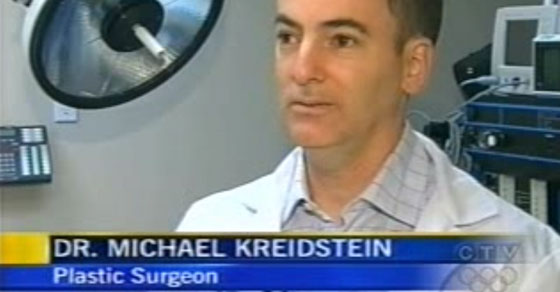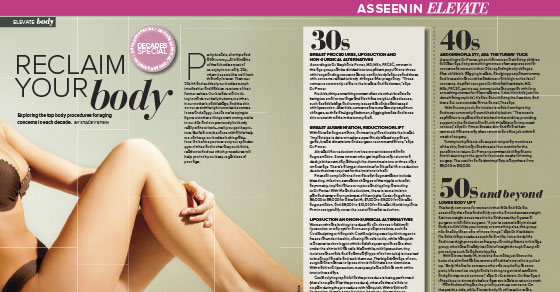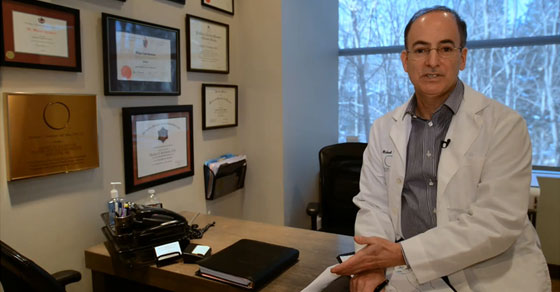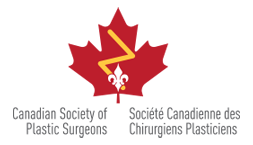Most cosmetic surgery results in a happy experience and rewarding results, but you can further impro...
- Home
- Blogs
Blogs
CTV interviews Dr. Kreidstein and patient on the rewards of dermolipectomy after major weight loss...
Superwet Liposuction by Dr. Kreidstein Click to View Article Click to View Article...
Exploring the top body procedures for aging concerns in each decade. Click to View Article...
Many of our patients are very comfortable with fillers, botox and peels to maintain their appearance...
A brief introduction to some of the talented and caring staff members that make our cosmetic plastic...
“How quickly will I recover??? is an important question to ask at your consultation. Of course, th...
Looking your best helps you to feel your best. It also helps you to make the most of your opportunit...



















